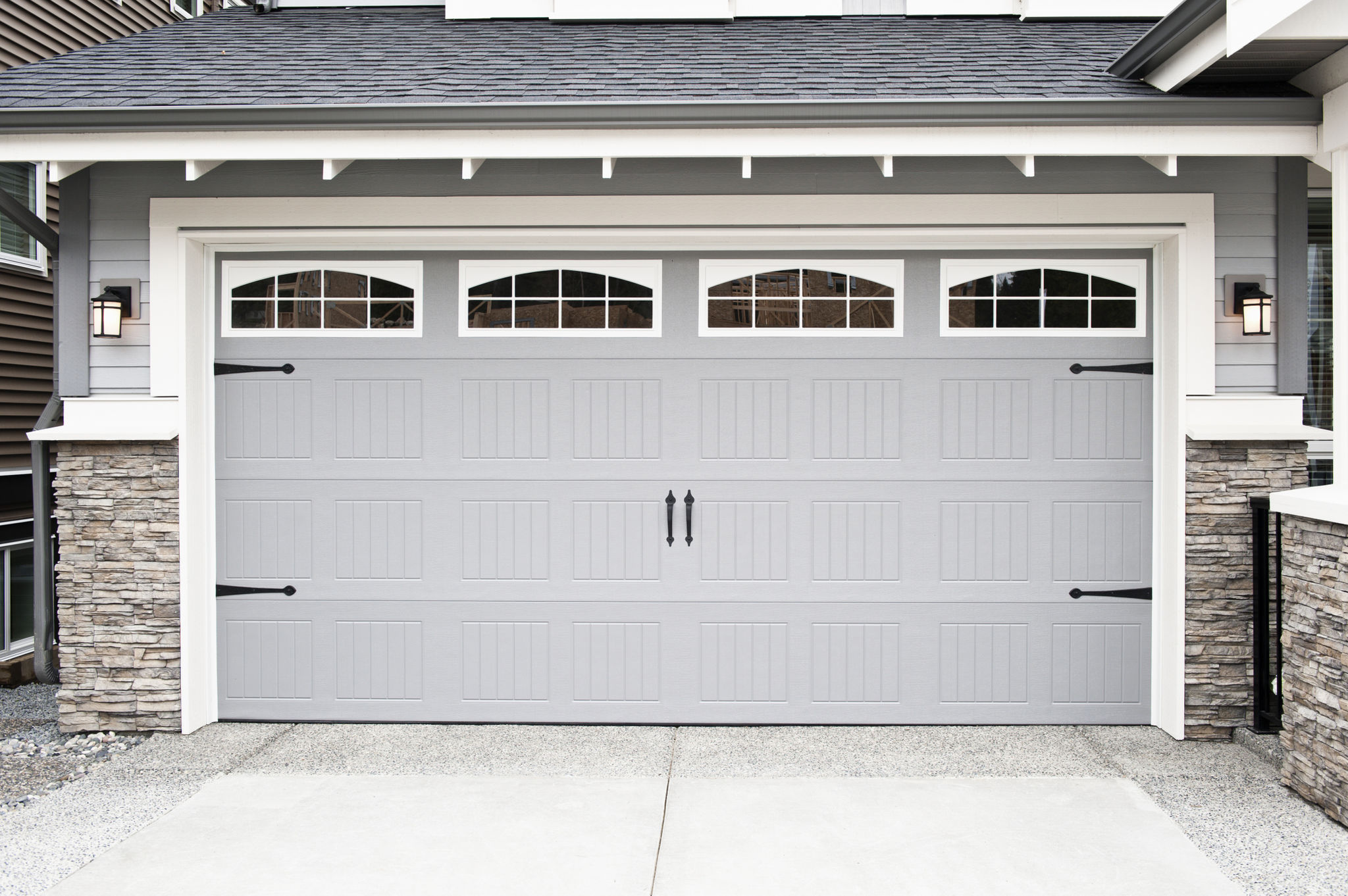Comparing Garage Door Materials: Which is Best for Your Home?
Understanding the Importance of Garage Door Materials
Your garage door is not just a functional element of your home; it also plays a significant role in your property's curb appeal and security. Choosing the right material for your garage door is crucial, as it affects durability, maintenance, and overall aesthetics. With various options available, making the right choice can feel overwhelming.
In this post, we'll explore the pros and cons of different garage door materials to help you decide which one is best for your home. We'll cover popular materials like steel, wood, aluminum, and fiberglass, each offering unique benefits and drawbacks.

Steel: The Durable Choice
Steel garage doors are among the most popular choices due to their strength and durability. They are resistant to dents and can withstand harsh weather conditions, making them ideal for areas with extreme climates. Steel doors require minimal maintenance, which is a significant advantage for busy homeowners.
However, steel is susceptible to rust if not properly maintained. Opting for galvanized steel with a powder-coated finish can help prevent rust and corrosion. Additionally, steel doors offer various design options, including embossed wood grain patterns and custom colors.
Wood: The Classic Beauty
Wood garage doors exude a timeless charm and warmth that many homeowners love. They can be customized with intricate designs and stained in various finishes to match your home's exterior. Wood is an excellent insulator, providing energy efficiency benefits.

On the downside, wood doors require regular maintenance to prevent warping, rotting, and pest infestations. They also tend to be more expensive than other materials. If you're willing to invest time and effort into maintenance, a wood garage door can be a beautiful addition to your home.
Aluminum: The Lightweight Option
Aluminum garage doors are known for their lightweight nature, making them easy to operate manually or with an automatic opener. They are resistant to rust and corrosion, making them a good choice for coastal areas. Additionally, aluminum doors offer a sleek, modern look that complements contemporary homes.
However, aluminum is more prone to dents and scratches compared to steel. If insulation is a priority, you'll need to opt for doors with insulated panels, as aluminum alone does not provide much thermal protection.

Fiberglass: The Versatile Contender
Fiberglass garage doors are valued for their versatility and resistance to salt air corrosion, making them suitable for coastal regions. They can mimic the appearance of wood without the high maintenance requirements. Fiberglass is also lightweight and energy-efficient.
Despite these advantages, fiberglass can become brittle in extremely cold temperatures and may yellow over time in direct sunlight. It's important to consider your local climate when choosing fiberglass as your garage door material.
Making Your Decision
When selecting the right material for your garage door, consider factors such as durability, maintenance requirements, insulation needs, and aesthetic preferences. Each material offers distinct advantages that can cater to different homeowner priorities.
Ultimately, the best material for your garage door depends on your specific needs and lifestyle. By weighing the pros and cons of each option, you can make an informed decision that enhances both the functionality and appearance of your home.
